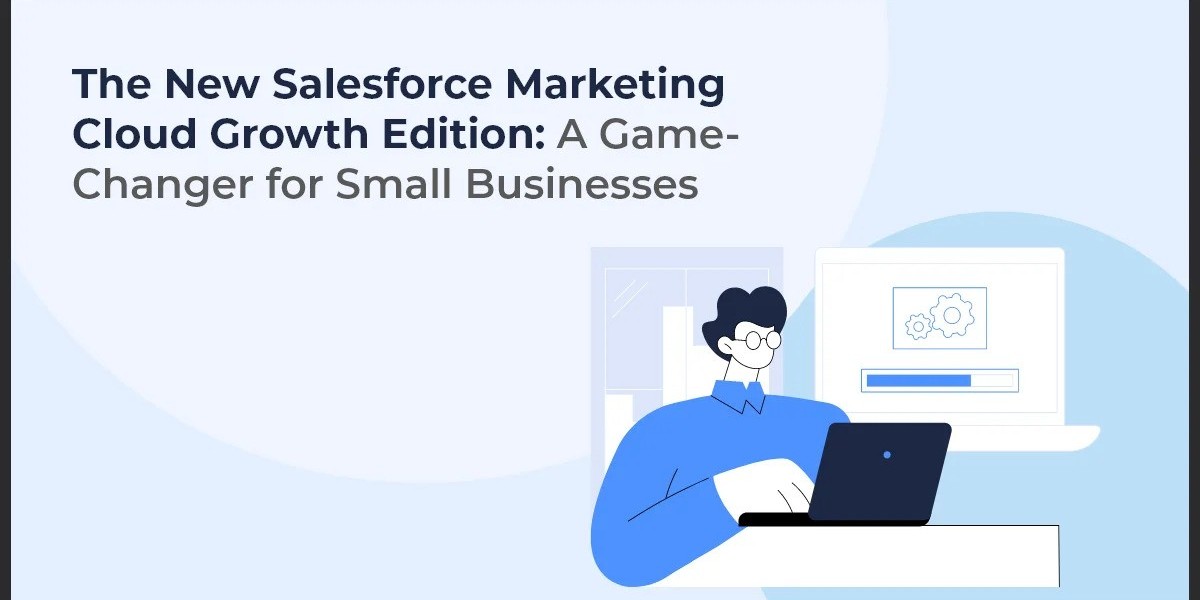Salesforce Marketing Cloud (SFMC) is a powerful platform that enables businesses to orchestrate personalized customer journeys across various channels. However, with the increasing volume of sensitive customer data handled by such platforms, security concerns are paramount. Understanding the security measures implemented by Salesforce and the responsibilities of users is crucial for ensuring data protection.
Salesforce's Security Infrastructure
Salesforce invests heavily in its security infrastructure, adhering to industry best practices and certifications. Key aspects of their security posture include:
- Physical Security: Salesforce data centers are equipped with robust physical security measures, including restricted access, surveillance, and environmental controls. This ensures that only authorized personnel can access the hardware and infrastructure.
- Network Security: Salesforce employs advanced network security protocols, including firewalls, intrusion detection systems, and encryption, to protect data in transit and at rest. This minimizes the risk of unauthorized access and data breaches.
- Data Encryption: SFMC utilizes encryption technologies to protect sensitive data. Data is encrypted both during transmission (using protocols like TLS) and while stored in databases. This ensures that even if unauthorized access occurs, the data remains unreadable.
- Access Control: Salesforce implements strict access control policies, allowing administrators to define user roles and permissions. This ensures that only authorized users can access specific data and functionalities.
- Regular Security Audits and Certifications: Salesforce undergoes regular security audits and maintains certifications such as ISO 27001, SOC 1, and SOC 2. These certifications demonstrate their commitment to adhering to stringent security standards.
- Vulnerability Management: Salesforce has a dedicated security team that continuously monitors for vulnerabilities and promptly addresses any identified issues. They also conduct regular penetration testing to identify potential weaknesses.
- Data Residency and Compliance: Salesforce offers options for data residency, allowing businesses to store data in specific geographic regions to comply with local regulations. They also support compliance with various data privacy regulations, including GDPR, CCPA, and HIPAA (where applicable).
User Responsibilities and Best Practices
While Salesforce provides a robust security framework, users also play a crucial role in maintaining data security. Implementing the following best practices is essential:
- Strong Password Policies: Enforce strong password policies, requiring users to create complex passwords and change them regularly. Multi-factor authentication (MFA) should be enabled for all users.
- Role-Based Access Control: Implement granular role-based access control, granting users only the necessary permissions to perform their tasks. Regularly review and update user permissions.
- Data Minimization: Collect only the necessary data and avoid storing sensitive information that is not required. Implement data retention policies to delete data that is no longer needed.
- Data Encryption at Rest and in Transit: Ensure that data is encrypted both at rest and in transit. Verify that appropriate encryption protocols are enabled.
- Regular Security Training: Provide regular security training to employees, educating them about phishing, social engineering, and other security threats.
- Data Backup and Recovery: Implement a robust data backup and recovery plan to ensure that data can be restored in case of a disaster or data loss.
- Third-Party Integrations: Carefully evaluate the security of third-party integrations and ensure that they comply with your security policies.
- API Security: Secure APIs with authentication and authorization mechanisms. Monitor API usage and implement rate limiting to prevent abuse.
- Monitoring and Logging: Implement robust monitoring and logging systems to detect suspicious activity and potential security breaches. Regularly review logs and alerts.
- Data Classification and Labeling: Classify and label data based on its sensitivity. This helps to prioritize security measures and ensure that sensitive data is adequately protected.
- Staying Updated: Keep your Salesforce Marketing Cloud instance updated with the latest security patches and releases. Salesforce regularly releases updates to address vulnerabilities and improve security.
- Data Loss Prevention (DLP): Implement DLP solutions to prevent sensitive data from leaving the organization's control.
Addressing Specific Concerns
It is important to address some emerging concerns regarding security of Salesforce platform, as noted in recent security publications:
- Phishing Vulnerabilities:
- Reports indicate that vulnerabilities in Salesforce email services can be exploited for phishing attacks. Users should exercise caution when clicking on links or opening attachments from unknown senders.
- Organizations should reinforce employee education about phishing tactics, especially concerning emails appearing to be from trusted sources.
- Reports indicate that vulnerabilities in Salesforce email services can be exploited for phishing attacks. Users should exercise caution when clicking on links or opening attachments from unknown senders.
- Credential Security:
- As with any cloud platform, compromised user credentials can lead to significant security breaches.
- Implementing Multi-Factor Authentication (MFA) is incredibly important to mitigate risk.
- Implementing strong Identity access managment strategies is very important.
Conclusion
Salesforce Marketing Cloud provides a secure platform for managing customer data and orchestrating marketing campaigns. However, security is a shared responsibility. By implementing best practices and staying informed about potential threats, businesses can minimize the risk of security breaches and ensure that their customer data is protected. By staying informed on developing threats, and continuing to enact security focused habits, Salesforce Marketing cloud implementation services can be utililized safely.







